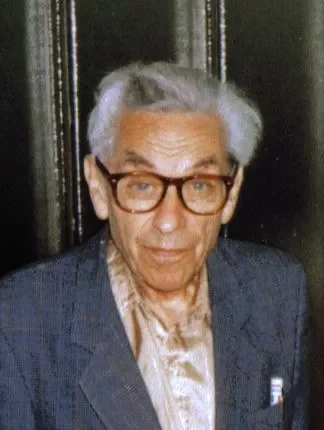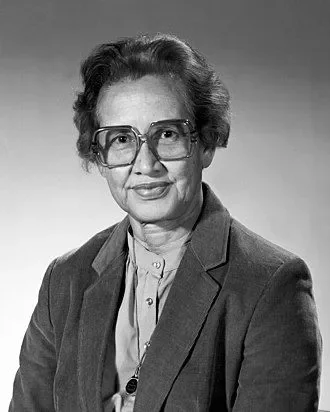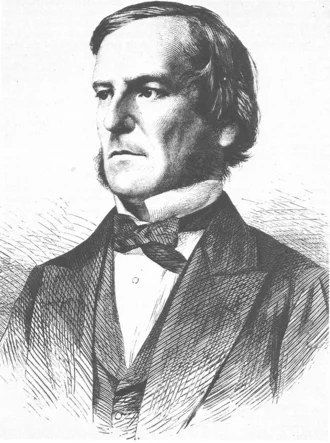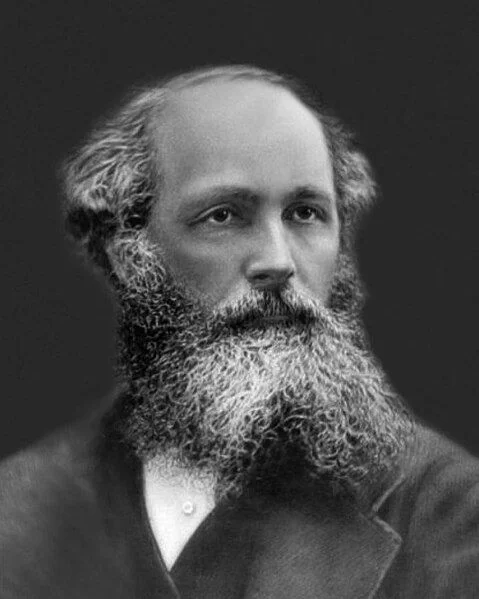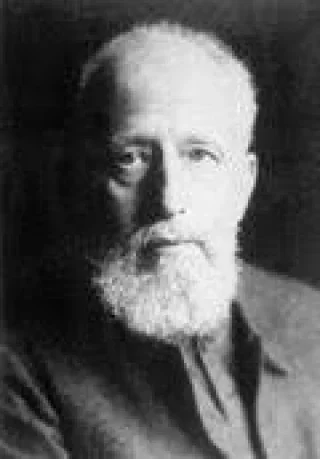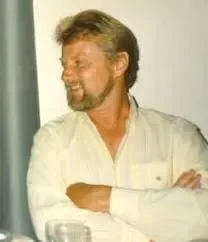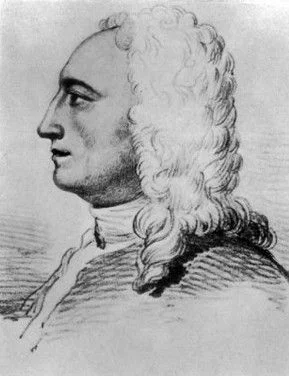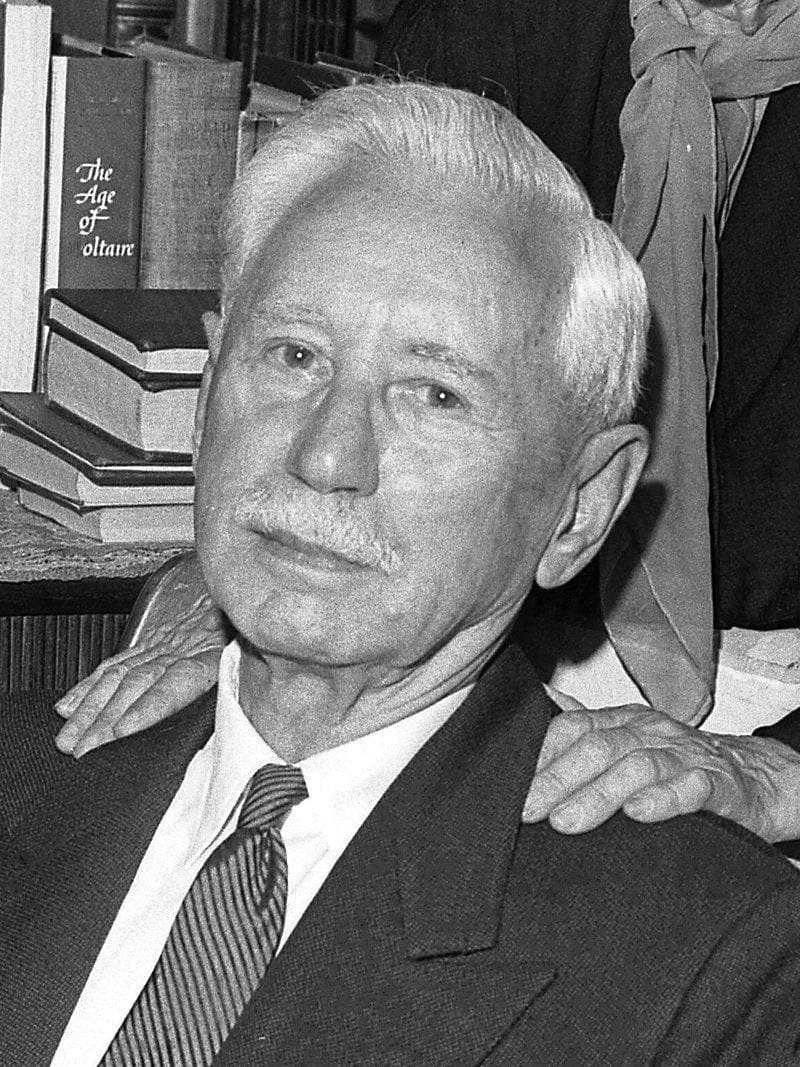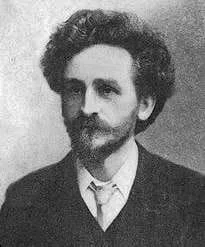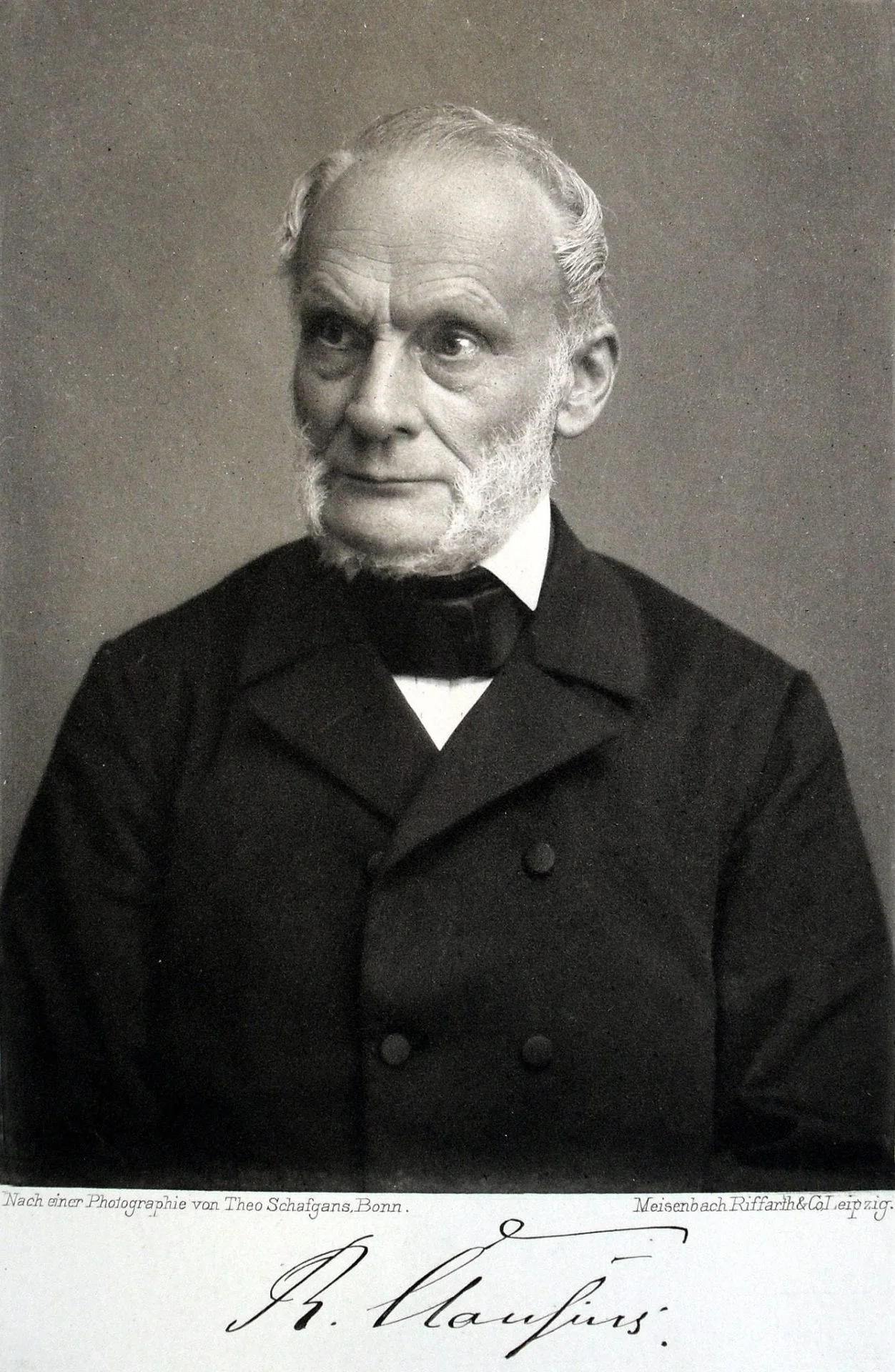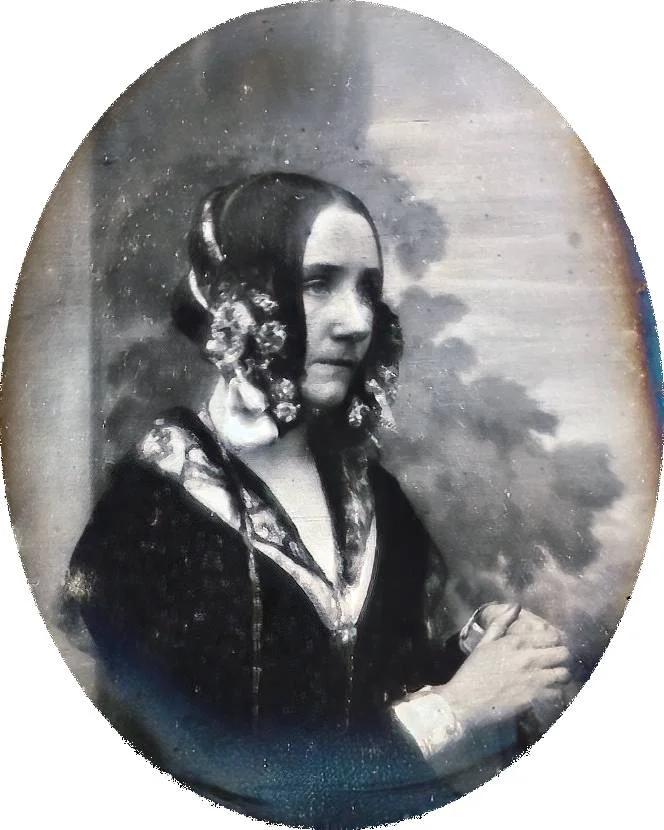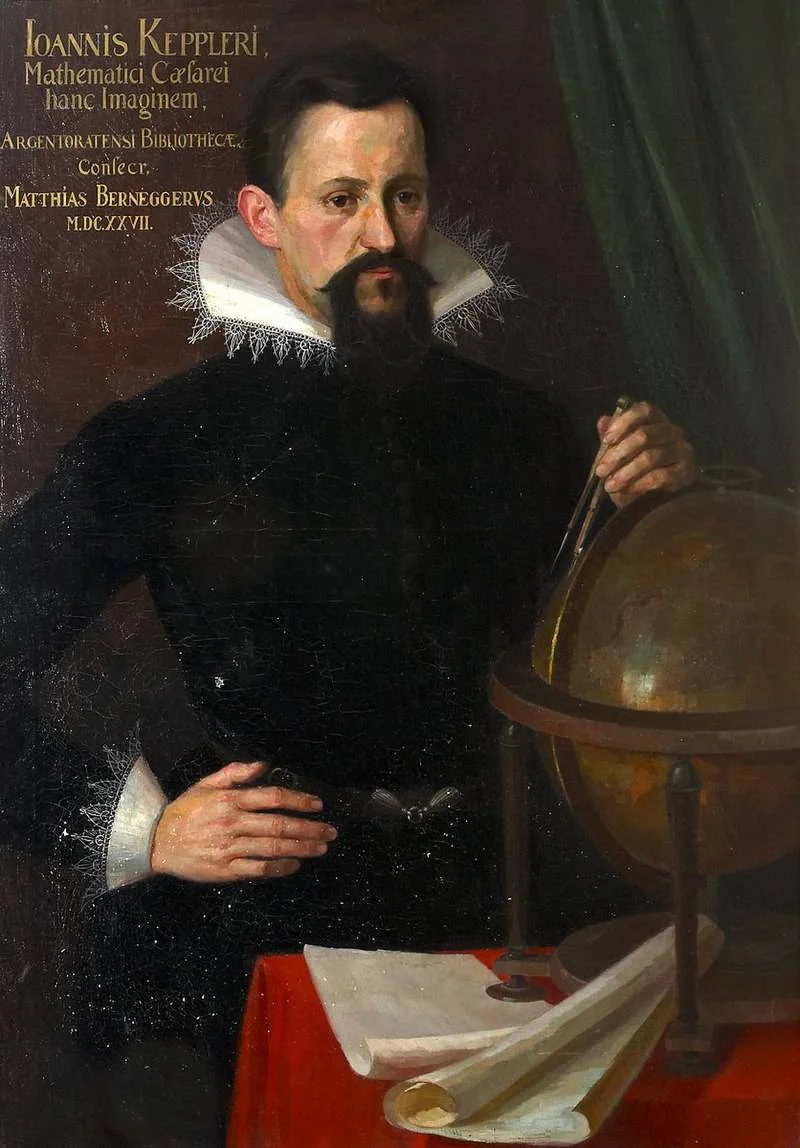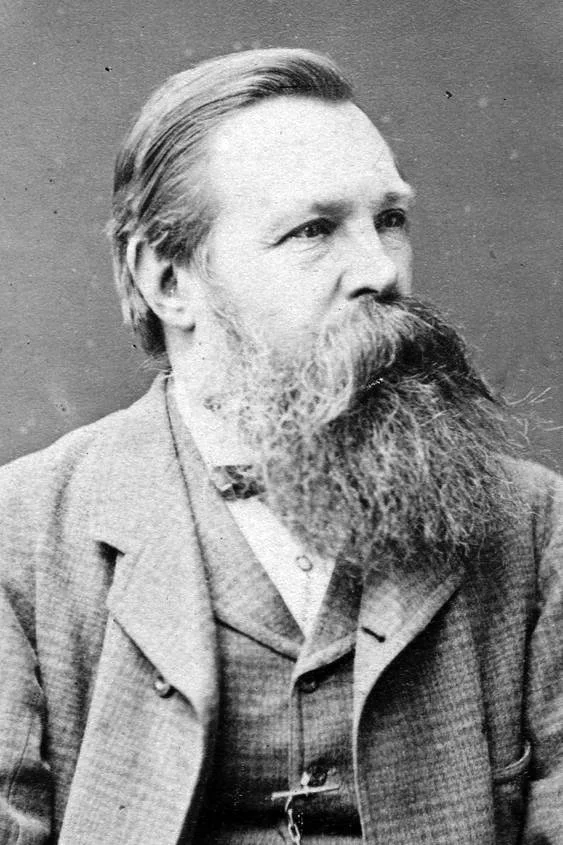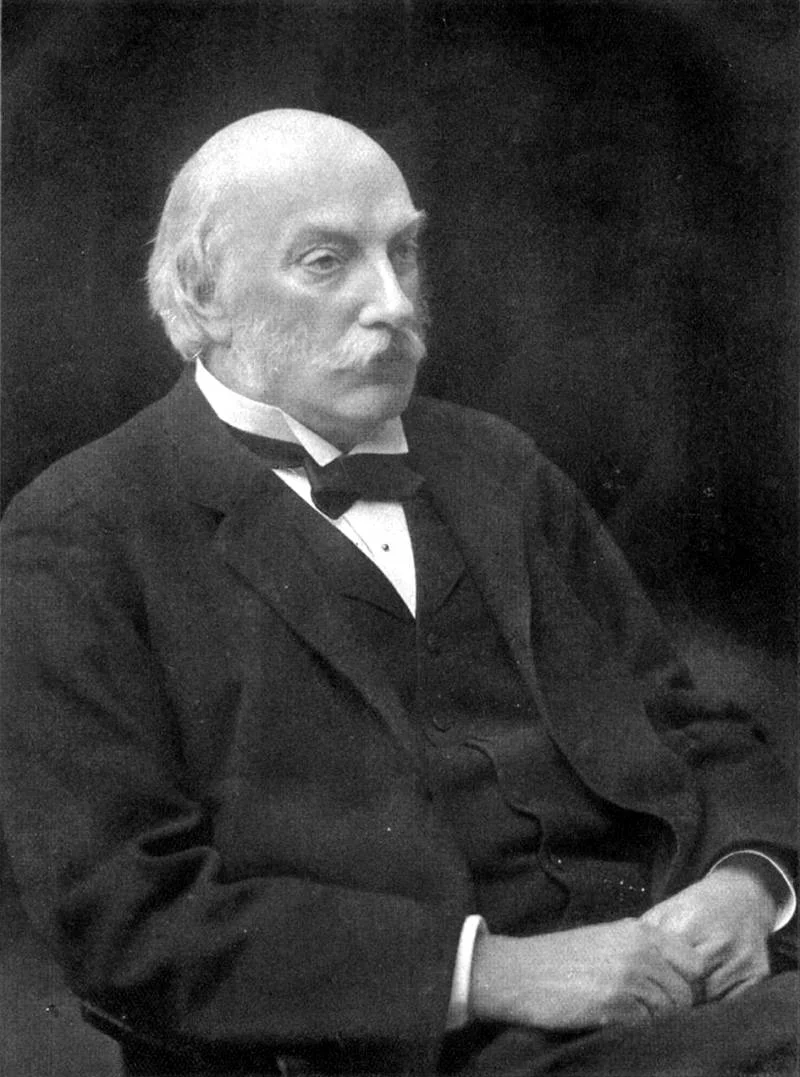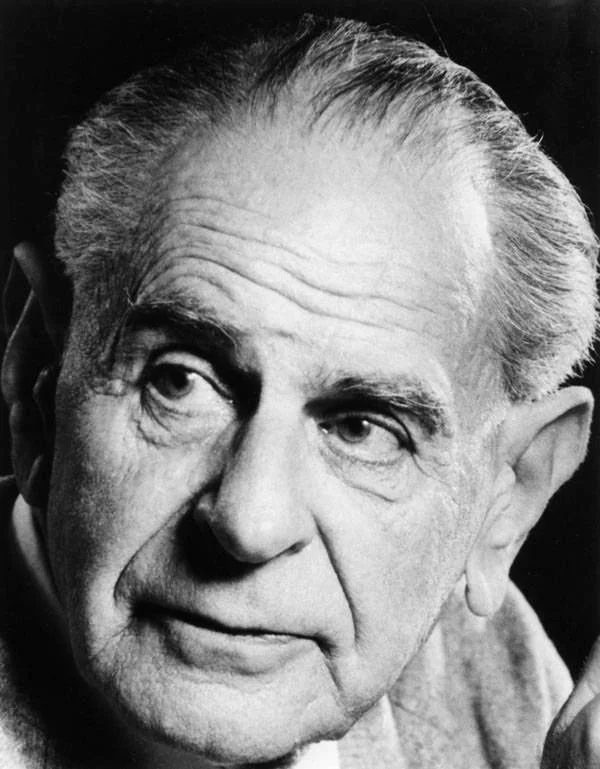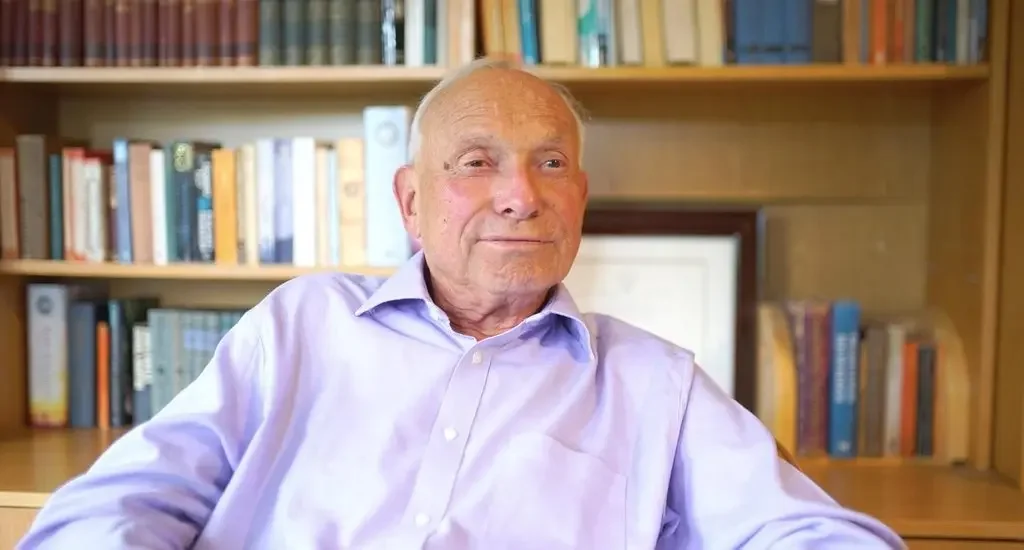Real Celebrities Never Die!
OR
Search For Past Celebrities Whose Birthday You Share
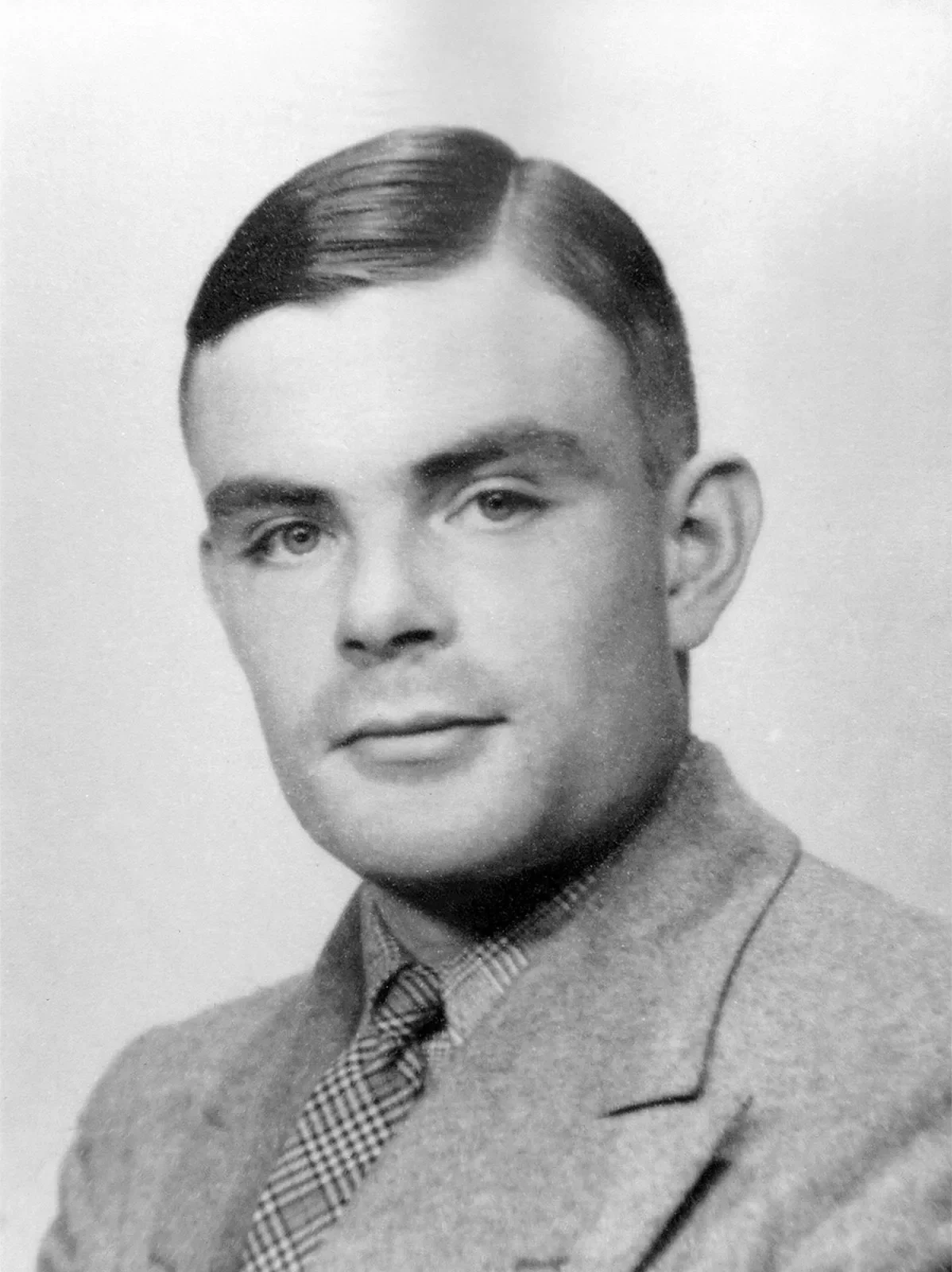
source:britannica.com
Alan Turing
Birthday:
23 Jun, 1912
Date of Death:
07 Jun, 1954
Cause of death:
Cyanide poisoning
Nationality:
British
Famous As:
Computer scientist
Age at the time of death:
41
Alan Turing's Quote's
Introduction to Alan Turing
Alan Mathison Turing was a brilliant English mathematician, computer scientist, logician, and philosopher well known for contributing to the field of computer science, mathematics, and the development of theoretical computer science. Alan Turing was famous for breaking the German Enigma code during World War II, which helped the Allies defeat the Axis Powers.
Early Life and Education
Turing was born on June 23, 1912, in Maida Vale, London, and was raised in Southern England. Turing’s father, Julius Mathison Turing, was a civil servant of the British Raj government, and his mother, Ethel Sara Stoney, came from an Irish family. During his early years, he was said to be an avid reader and showed an early interest in mathematics and science.
Turing attended various schools, including St Michael’s, Hazelhurst Preparatory School, and Sherborne School, where he was recognized as a genius for his exceptional talent in mathematics and science. At Sherborne, he continued to excel in subjects he loved and even solved complicated problems without having studied basic calculus.
Academic Achievements
After graduating, he pursued his undergraduate studies at King’s College, Cambridge, from 1931 to 1934. He obtained a first-class honor in mathematics and proved a version of the central limit theorem. In 1935, he started his master’s course and released his first paper, “Equivalence of Left and Right Almost Periodicity.”
In the late 1930s, he worked on Gödel’s incompleteness theorems and delivered his paper on “Computable Numbers, with an Application to the Entscheidungsproblem.” Later, Alan Turing received his Ph.D. from Princeton with a dissertation on “Systems of Logic Based on Ordinals.” His early education and academics laid a base for his later research and career.
The Turing Machine and Foundations of Computing
Alan introduced the concept of the Turing machine in his paper, which laid the foundation for modern computer science. His work on the Turing machine and the Church-Turing thesis was considered a keystone in theoretical computer science.
World War II and Codebreaking Contributions
One of his biggest achievements during World War II was when he worked at Bletchley Park, the British code-breaking center, and played a major role in breaking the German Enigma code. His contribution to designing and using the Bombe machine to decipher the code helped in the victory of Allied Powers.
Later, he made significant contributions to building machines like the Bombe and the Colossus, which were necessary for code-breaking.
Contributions to Artificial Intelligence and Computing
In his 1950 paper on “Computing Machinery and Intelligence,” Turing initiated the concept of the Turing test, which still remains central in discussions of artificial intelligence. After World War II, he started working on the design of the Automatic Computing Engine, one of the earliest stored-program computers.
Work in Mathematical Biology
Alan Turing also made notable contributions to the field of mathematical biology in his 1952 paper “The Chemical Basis of Morphogenesis.”
Personal Struggles and Tragic End
He was arrested in 1952 under the criminalization of homosexuality for “gross indecency.” He was acknowledged as having a relationship with another man. Turing opted for chemical castration as an alternative to imprisonment. This had a harmful impact on his mental health, and he started experiencing depression and mood swings.
On June 8, 1954, Alan Turing was found dead by his housekeeper in Wilmslow, Cheshire, at the young age of 41. The conclusion was that his cause of death was cyanide poisoning, and it was determined to be a suicide.
Legacy and Recognition
His contribution to computer science was not fully appreciated during his lifetime. However, in later years, he started receiving recognition and appreciation for his work and personal struggles. The British government issued an apology for his treatment in 2009.
Conclusion
Alan Turing’s legacy continues to be remembered and celebrated as one of the most important figures in computing. His groundbreaking work and enduring influence remain a cornerstone of modern technology and artificial intelligence.
Name:
Alan Turing
Popular Name:
Alan Turing
Gender:
Male
Cause of Death:
Cyanide poisoning
Spouse:
Place of Birth:
Maida Vale, London, England
Place of Death:
Wilmslow, Cheshire, England
Occupation / Profession:
Personality Type
Logician: Innovative inventors with an unquenchable thirst for knowledge. His thirst for knowledge and innovative thinking was behind his contributions.
Alan Turing had odd habits like wearing a gas mask while riding his bike to combat his allergies.
Alan Turing is known as the father of modern computer science.
Despite his groundbreaking contributions, Turing was prosecuted for homosexuality in 1952, leading to his tragic death two years later.
Turing proposed the famous "Turing Test" to determine a machine's ability to exhibit intelligent behavior indistinguishable from a human..
Smith’s Prize

